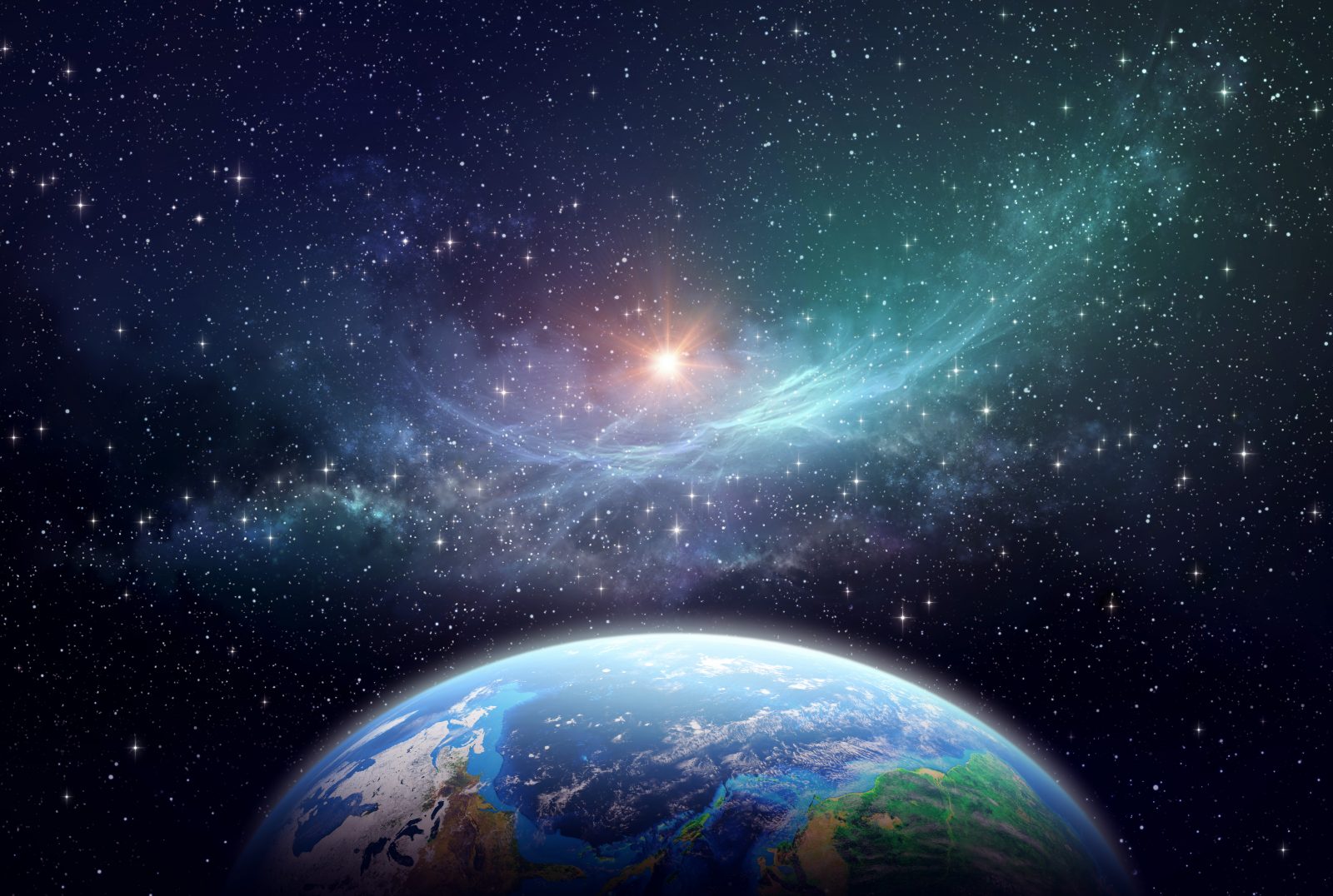
Jay Richards: Before Carl Sagan Said It, Science Debunked It
On today’s ID the Future, Privileged Planet co-author Jay W. Richards sits down with host Eric Anderson to discuss the gold rush of extrasolar planet discovery and how the Privileged Planet hypothesis has held up since 2004. Richards teases an anniversary edition of The Privileged Planet in the works, and he and Anderson discuss the statement that Carl Sagan is perhaps most famous for. Richards explains how science had already disproven the famous Sagan claim by the time the astronomer first uttered it to millions of viewers in his documentary series Cosmos.

